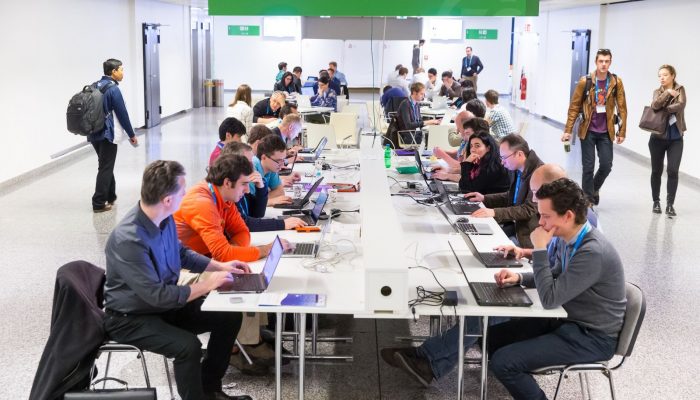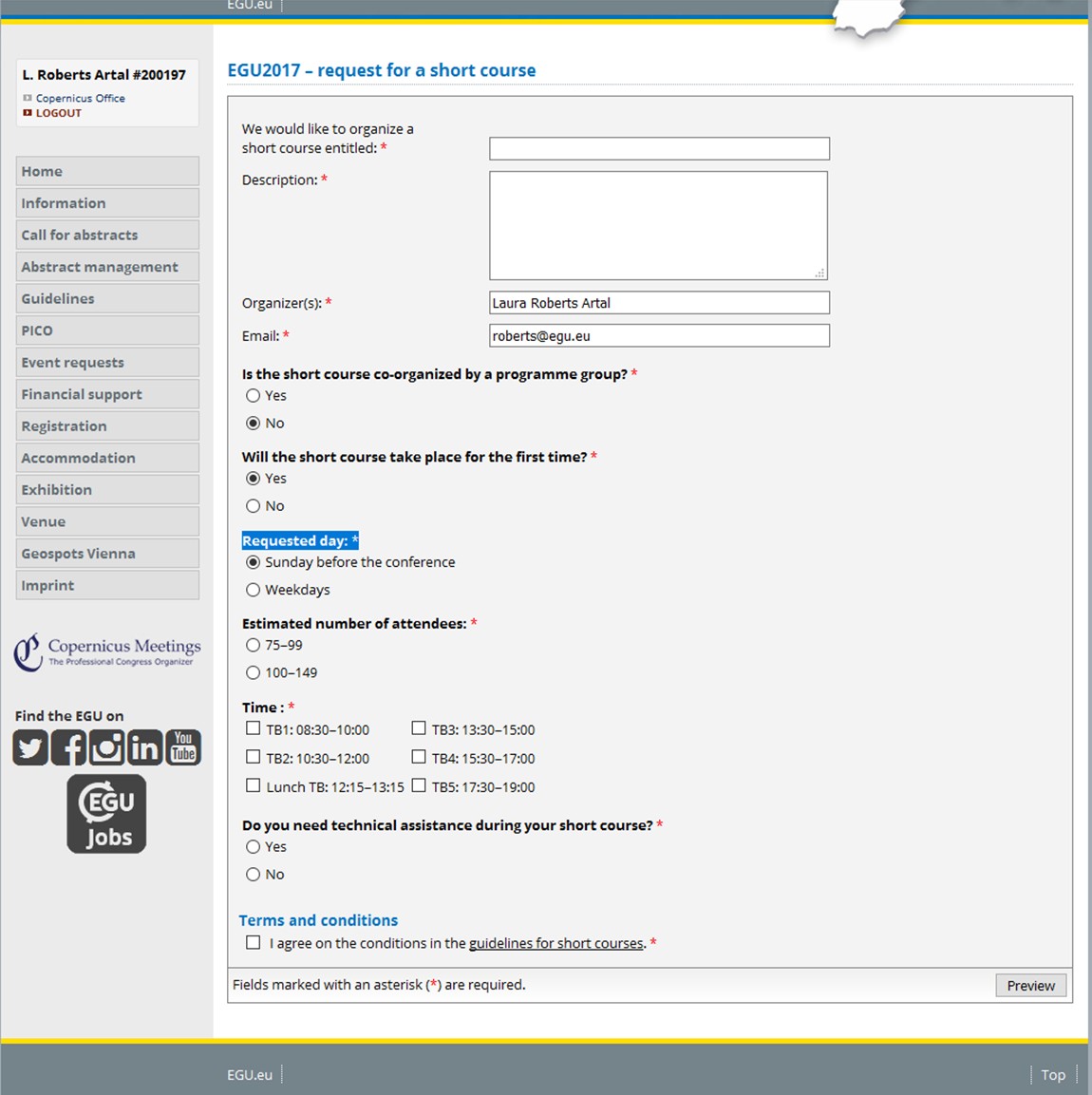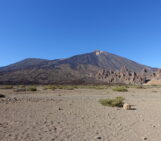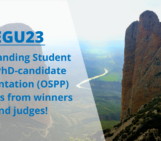
From supercharging your scientific skills, to boarding your base in science communication or picking up tips on how to boost your career – be it in academia or outside – short courses can be one of the highlights of the General Assembly programme.
But, did you know that any EGU member (you!) can propose a short course? You’ve got until 20 January 2017 to complete the application. This quick guide, will give you some pointers for submitting and organising your own short course at EGU 2017!
Before you even put pen to paper and plan your workshop, remember that the courses should provide a forum to teach your General Assembly peers something of interest. This means that courses should, preferably, not be connected, or only loosely connected, to any of the programme groups and should be designed to be open to all conference participants.
Planning your short course
As the organiser, you are free to choose the content and set-up of the course. But the content should be of interest to (a subset of) the community that the EGU represents! The decision as to whether your course will be included in the final conference programme is made by the Programme Group Chairs: the ECS Union representative and Sam Illingworth.
To submit your course, you’ll need:
- a title and a short description
- the details of the course organiser
You also have the option to co-organise your course with a scientific division(s) (meaning it’ll appear in the both the Short Course Programme Group and that of your favored division(s)). You might consider doing this if your workshop is aimed at a specific community, as well as being of broad appeal.
Choosing a time-slot
An innovation for EGU 2017 is that short courses can now be run on the Sunday before the conference official opens, as well as throughout the General Assembly week (please note that the Sunday slots will be given preferentially to day-long workshops).
The request form will allow you to select your preferred time-slot, which is dependent on the number of participants you expect. Popular courses with over 85 attendees can only be scheduled in the evening time-slots, from 17:30–20:00. Slots will be allocated based on availability.
With the exception of the lunchtime time block, all short courses will be allocated a 1 and a half hour slot. If your workshop needs a bit more time, you can request two back to back time slots.
The logistics
All short course rooms come complete with a microphone, a data projector, a notebook, and a VGA switch to use up to three individual notebooks in addition to the permanently-installed notebook of that room.
Usually, short course rooms have no technical assistants, but should you need support, don’t forget to indicate that on the request form!
If you require participants to register in advance of the course, it is your responsibility, as the organiser, to coordinate this. Be sure to include a registration email address or a Doodle link in the description of the short course, so potential participants know how to sing-up.
Food and drink can liven up any meeting! Should you wish to provide catering throughout your workshop (at your own expense), please get in touch with the General Assembly caterer (Motto Catering) before 31 March 2017.
Dos & Don’ts
- Do make skills/abilities related to science and research the focus of your workshop
- Do aim to provide training in skills needed by people working in science
- Do promote your short course
- Do make your course interactive or include hands-on activities (if possible)
- Do let participants know (via the description) if they’ll need to bring along materials (e.g. laptop, tablet, specific software) to participate in the course
- Do allow time for questions
- Don’t invite too many speakers
- Don’t engage in commercial activities during the course (e.g. sales)
- Don’t charge admission fees or course fees – these are strictly prohibited
For a full list of guidelines head over to the EGU 2017 website. If you have questions about submitting a short course request please contact the Programme Group Chairs or the EGU’s Communication Officer, Laura Roberts.





